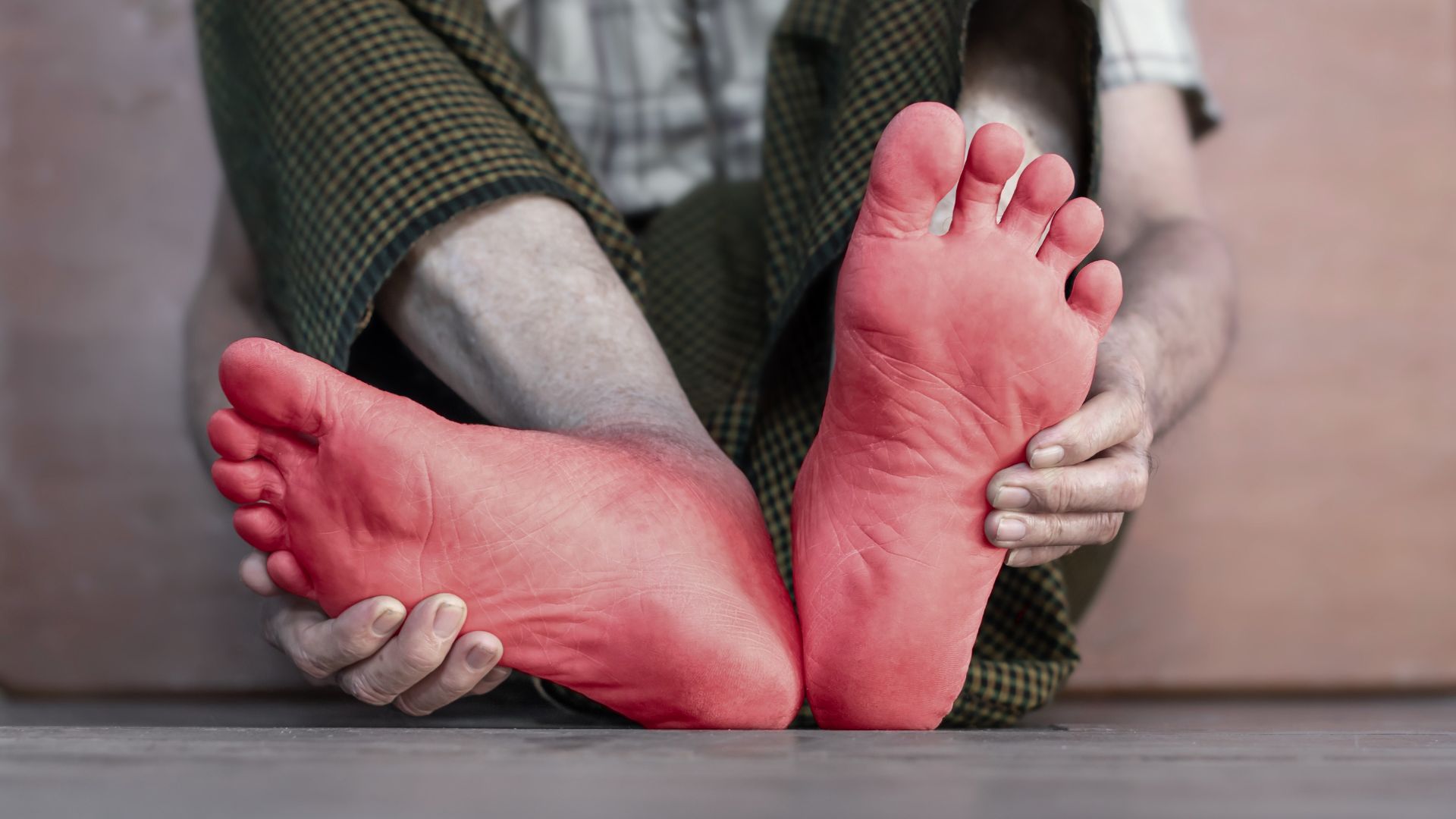Living with diabetes is challenging enough, but when nerve problems enter the picture, it can feel overwhelming. As someone who’s spent years studying and writing about diabetic complications, I want to share everything you need to know about diabetic neuropathy – in simple, actionable terms that actually make sense.
What Exactly Are Diabetic Nerve Problems?
Let’s start with the basics. When your blood sugar stays high for too long, it can damage your nerves throughout the body. Doctors call this diabetic neuropathy, but I prefer to think of it as your nerves crying out for help after being bathed in too much sugar for too long.
Types of Diabetic Nerve Damage
- Peripheral Neuropathy: This is the most common type, affecting your feet and legs first, then hands and arms. Think of it as static on a phone line – the signals between your extremities and brain get fuzzy.
- Autonomic Neuropathy: This affects the nerves controlling your internal organs. Imagine your body’s autopilot system starting to glitch – affecting everything from digestion to heart rate.
- Focal Neuropathy: This is like a sudden short circuit in specific nerves, usually in your head, torso, or legs.
- Proximal Neuropathy: This rare type causes pain in your hips, buttocks, or thighs. Think of it as a power outage in your body’s main transmission lines.
Warning Signs You Shouldn’t Ignore
Here’s what you need to watch out for (and yes, these symptoms can sneak up gradually):
- Numbness or tingling in your feet (like walking on cotton)
- Sharp, shooting pains (especially at night)
- Extreme sensitivity to touch
- Balance problems
- Digestive issues (feeling full quickly or slow digestion)
- Dizziness when standing up
- Changes in sweating patterns
- Sexual function problems
Why Does Diabetes Attack Our Nerves?
Picture your nerves as electrical wires running throughout your body. High blood sugar acts like water seeping into these wires – over time, it corrodes the protective coating and disrupts the signals. But there’s more to the story:
The Sugar-Blood Vessel Connection
High blood glucose damages small blood vessels feeding your nerves. Without proper blood flow, nerves start malfunctioning – like a garden hose with too many kinks in it.
The Inflammation Factor
Diabetes triggers inflammation throughout your body, and your nerves get caught in the crossfire. It’s like having tiny fires smoldering along your nerve pathways.
Prevention: Your Best Defense
Here’s the good news: you have more control than you might think. Let’s break down your action plan:
Blood Sugar Management
This is your primary weapon. Keep your A1C below 7% if possible. Think of it as maintaining the right water pressure in your pipes – not too high, not too low.
Lifestyle Changes That Make a Difference
- Movement Matters: Regular exercise improves blood flow to your nerves. Even a 15-minute walk after meals helps.
- Smart Eating: Focus on:
- Colorful vegetables (they’re packed with nerve-protecting antioxidants)
- Healthy fats (like avocados and olive oil)
- Lean proteins
- Limited processed foods
- Foot Care: Make it your daily ritual. Check for:
- Cuts or sores
- Changes in color or temperature
- Areas of pressure or pain
Treatment Options: What Really Works
Medical Interventions
- Medications for nerve pain (like gabapentin or pregabalin)
- Physical therapy
- Treatment for specific symptoms
Alternative Approaches
Some people find relief with:
- Acupuncture
- Alpha-lipoic acid supplements
- B-complex vitamins
- Mindfulness practices for pain management
Living Your Best Life with Diabetic Neuropathy
Here’s what I want you to remember: having nerve problems doesn’t mean your life is over. Many people successfully manage their symptoms and lead full, active lives. The key is being proactive and working closely with your healthcare team.
Daily Management Tips
- Temperature Check: Use your elbow to test bath water since your feet might not sense temperature accurately.
- Smart Footwear: Invest in good shoes and never go barefoot, even indoors.
- Blood Sugar Logging: Keep detailed records to spot patterns affecting your nerve symptoms.
When to See Your Doctor
Don’t wait to get help if you notice:
- New or worsening numbness
- Cuts or sores that won’t heal
- Sharp, unusual pains
- Changes in digestion or heart rate
- Any foot problems
The Bottom Line
Living with diabetic nerve problems is a journey, not a destination. While there’s no quick fix, understanding your condition and taking consistent action makes a huge difference. Remember, you’re not alone in this – millions of people successfully manage diabetic neuropathy every day.
Stay proactive, work with your healthcare team, and most importantly, don’t let nerve problems stop you from living your life. With the right knowledge and tools, you can take control and write your own success story.
Remember: This post provides general information and shouldn’t replace professional medical advice. Always consult your healthcare provider about your specific situation.
Have you dealt with diabetic nerve problems? What strategies have worked best for you? Share your experiences in the comments below – your insight could help someone else on their journey.



